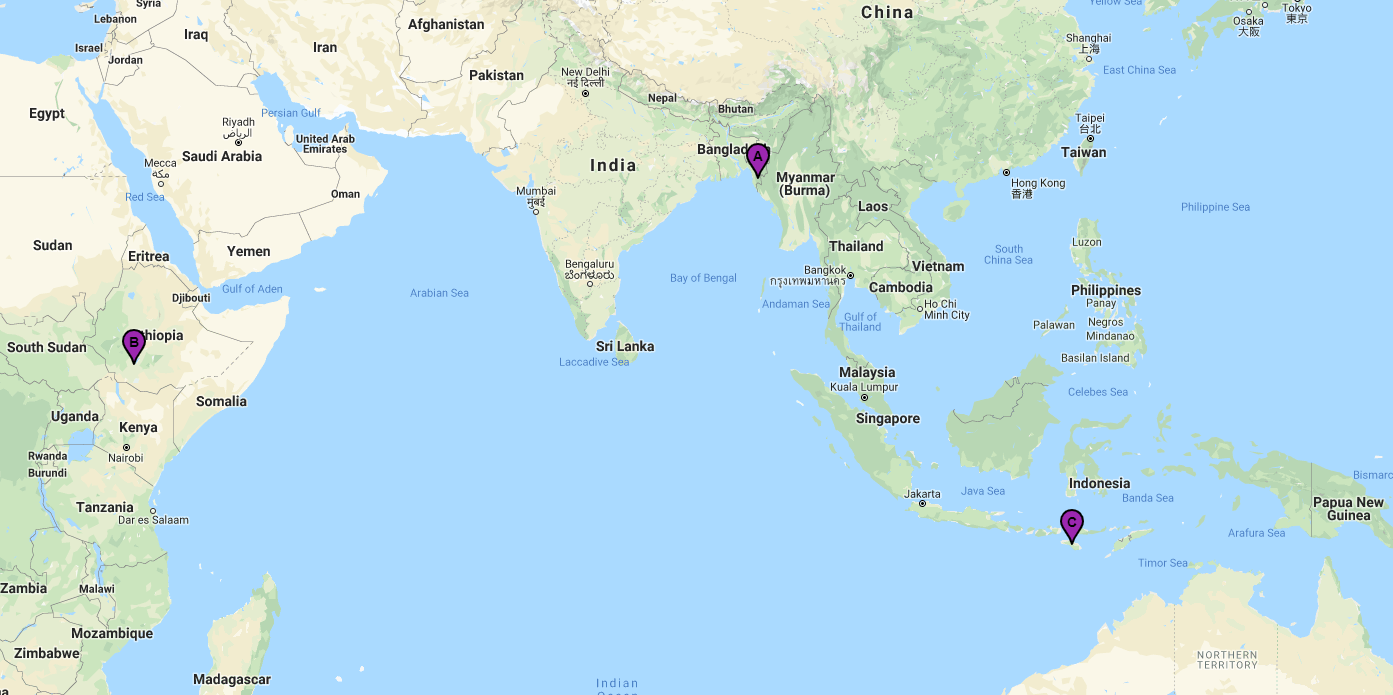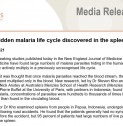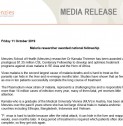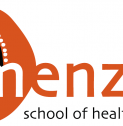Reducing the risk of P. vivax after falciparum infections in co-endemic areas - a randomized controlled trial (PRIMA)
Aim:
To simplify malaria treatment in co-endemic areas, by assessing the use of primaquine radical cure in Plasmodium falciparum patients to reduce the risk of subsequent P. vivax.
Rationale:
In the Asia Pacific, National Malaria Control Programs repeatedly call for better approaches for radical cure, to meet their malaria elimination targets1.
In the Asia Pacific region, the Horn of Africa and Americas, malaria is mostly caused by two species Plasmodium falciparum and P. vivax. Unlike P. falciparum, P. vivax forms dormant liver stages that reactivate weeks or months following an acute infection causing active disease. The WHO currently recommends a treatment with primaquine to kill the liver stage parasites, referred to as radical cure. But this is only indicated in patients presenting with P. vivax malaria. However recent evidence2,3 suggests that the risk of relapsing P. vivax malaria is higher after an acute P. falciparum infection than the natural relapse rate or the rate of reinfection would suggest. This suggests that in some locations a universal policy of primaquine radical cure for both falciparum and vivax malaria maybe warranted
To explore this strategy, we are conducting a randomised controlled trial to assess the safety and efficacy of primaquine treatment in patients with P. falciparum to reduce the risk of subsequent P. vivax episodes.
Implications for policy and practice:
Recurrent episodes of P. vivax put a strain on healthcare systems. A unified treatment policy for malaria might confer significant individual, public health and operational benefits in regions co-endemic for P. falciparum and P. vivax. The optimal use of limited financial resources could necessitate strategies for treating P. vivax through universal radical cure.
Our research locations:
- Bangladesh
- Ethiopia
- Indonesia









